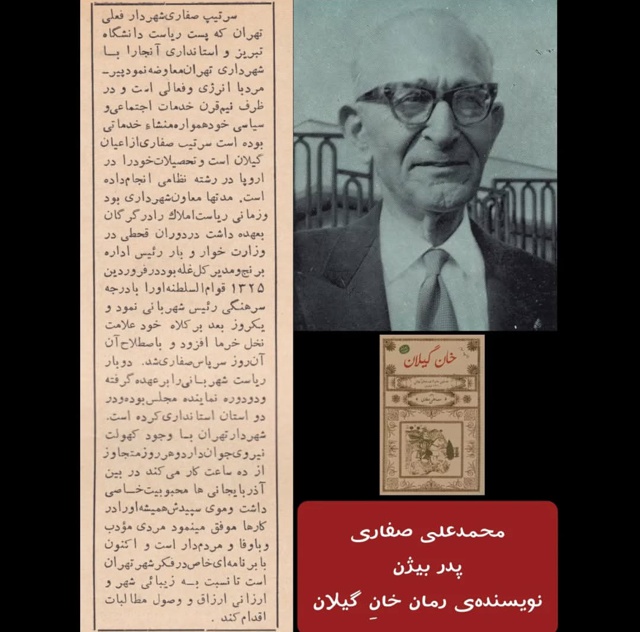With the 1979 Revolution, Saffari’s career came to an abrupt halt. Institutions he was connected with—the Shiraz Festival, Theater Workshop, and cultural foundations—were dissolved. As an openly gay man with ties to the former monarchy, he faced both political and social threats. This forced him into a quieter life in Paris, where he remained until his death in 2019.
In exile, Saffari’s visibility diminished, but he continued to create art, often focusing even more deeply on memory, loss, and exile. In the 2010s, galleries and researchers began reintroducing his work to a wider audience. The 1978 wedding ceremony between Saffari and his partner Sohrab Mahvi remains a landmark in queer history.

